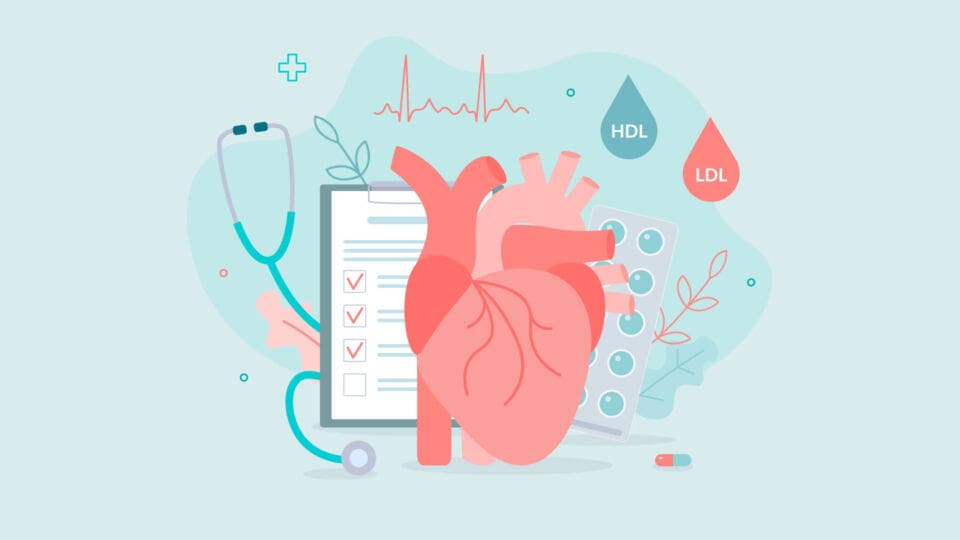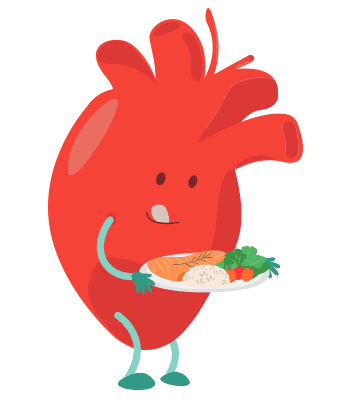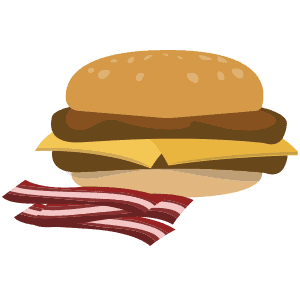High Cholesterol: Understanding, Managing, and Preventing the Silent Killer

High cholesterol – a common health concern among many, yet it often remains undetected due to its silent nature. You cannot feel it, and there are often no apparent symptoms. However, its implications on your health can be serious, ranging from heart diseases to stroke. As we unravel the mystery surrounding high cholesterol, let us delve deeper into understanding its causes, symptoms, and potential health risks.
What is high cholesterol?
Cholesterol is a waxy substance found in all your body’s cells and it is vital for the formation of cell membranes, certain hormones, and vitamin D. However, when levels are high, it can lead to the accumulation of cholesterol-rich deposits in your arteries, putting your heart health at risk.
Statistics (Singapore)
In Singapore, high cholesterol is a prevalent health concern. According to the National Health Survey 2020, nearly 40 per cent of Singapore residents aged 18-69 years had high cholesterol.
What causes high cholesterol?
 Several factors can increase your risk of high cholesterol, including poor diet, lack of physical activity, smoking, obesity, and genetic factors. Foods high in saturated and trans fats, in particular, can raise your cholesterol levels.
Several factors can increase your risk of high cholesterol, including poor diet, lack of physical activity, smoking, obesity, and genetic factors. Foods high in saturated and trans fats, in particular, can raise your cholesterol levels.
What are the symptoms of high cholesterol?
High cholesterol itself does not cause any symptom. It is often discovered through blood tests that measure cholesterol levels. Without routine checkups, high cholesterol may go unnoticed until it causes a serious health event like a heart attack or stroke.
What are the potential health risks?
High cholesterol can narrow or block your arteries, leading to cardiovascular diseases, such as coronary artery disease, heart attack, and stroke. Therefore, it is essential to keep your cholesterol levels in check.
Reducing your high cholesterol level
- Healthier Diet: Opt for foods low in saturated and trans fats. Include more fruits, vegetables, whole grains, lean proteins, and omega-3 rich foods in your diet.
- Increase Physical Activity: Regular exercise helps raise your high-density lipoprotein (HDL, or “good”) cholesterol while lowering your low-density lipoprotein (LDL, or “bad”) cholesterol.
- Regular Screening: Regular cholesterol screenings can help detect high cholesterol early, allowing for necessary lifestyle changes or treatment.


When to see a doctor?
If you have risk factors for high cholesterol, or if it runs in your family, you should seek medical consultation. Find a Primary Care Network clinic near you for comprehensive care.
HealthierSG Initiative
Sign up for HealthierSG to access government subsidies and work towards a healthier you. Raffles Medical is proud to participate in this initiative, offering dedicated HealthierSG clinics for your convenience.
Commonly Asked Questions
Is durian high in cholesterol?
Durian, often dubbed the “King of Fruits”, is not high in cholesterol. However, it is high in saturated fats and calories, so eating in moderation is key.

What are the worst foods for high cholesterol patients?
Foods high in saturated and trans fats, such as fatty cuts of meat, full-fat dairy products, deep-fried foods, and baked goods, can raise your cholesterol levels.

Remember, it is never too late to make healthier choices. Let us embark on this journey towards a HealthierSG together!


